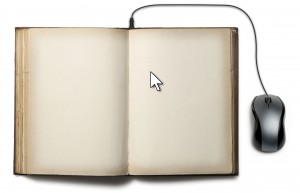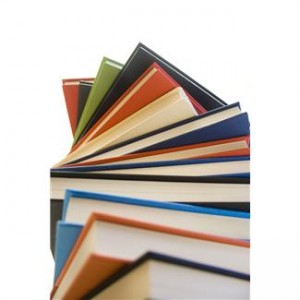Tuesday 8 April 2014, University College London
With a keynote address by Professor Laura Doan, University of Manchester

CALL FOR PAPERS
This one day workshop looks to bring together scholars, at any stage of their career and working on any aspect of gender, sex and sexuality in 20th century Britain, and to provide a forum for both the presentation of new work and the beginning of a dialogue about the past, present and future of the field.
The workshop addresses the field at a critical juncture in its development. The decades since the publication of Jeffrey Weeks’ Sex, politics and society (1981) have seen histories of gender, sex and sexuality become increasingly central to historians’ understanding of 20th century Britain. There has been a corresponding march through the institutions: no longer regarded as involved in a fringe pursuit, scholars of gender, sex and sexuality have found homes in departments; non-specialist periodicals have watched and sponsored new research with interest; and the UK’s major presses have published groundbreaking work, exemplified by the inauguration of Palgrave Macmillan’s ‘Gender and Sexualities in History’ series in 2009.
Alongside this professional maturation, events in wider society have demonstrated the continued power of ideas about gender, sex and sexuality to shape popular understandings of British history. Indeed, the recent past, whether as a dark age of intolerance or, conversely, a golden age of “family values,” has loomed heavily in debates about equal marriage, the Savile affair and the “sexualisation” of childhood. The voices of historians have been present in some of these debates. Yet in others they have been largely absent, even when scholars from other disciplines – sociology, education, gender studies, science and medicine – have been prominent.
The workshop therefore asks participants to consider “where have we got to, and where do we go from here?” What contributions have we made, through British examples, to understandings of gender, sex and sexuality in history? What contributions have we made, through a focus on of gender, sex and sexuality, to understandings of 20th century British history? Finally, what contributions have we made to understandings of gender, sex and sexuality in Britain outside our profession, both in other disciplines and, importantly, the wider public conversation? And in all three cases, what contributions, in new and ongoing work, might we make in the future?
To help address these questions, the workshop organisers welcome proposals for papers presenting new work on any aspect of gender, sex or sexuality in twentieth century British history as well as those that reflexively engage with the past, present or future of the field. The organisers particularly welcome papers looking at non-marginal experiences, as well as those looking to challenge marginal/non-marginal distinctions altogether. We are also especially interested in contributions from postgraduate and early career scholars.
If you are interested in presenting a paper at the workshop, please email a short proposal (max. 300 words) and CV or short bio to newdirections2014@gmail.com by 1st September 2013.
If you would like to discuss possible topics before submitting a proposal, please get in touch at the same address. Registration details for non-speakers will be publicised later in 2013 at http://newdirections2014.wordpress.com/
Kevin Guyan and Ben Mechen, UCL History (organisers)
http://www.h-net.org/announce/show.cgi?ID=204877
 The Alice Kaplan Institute for the Humanities, assisted by generous support of the Arthur Vining Davis Foundation, is proud to host the upcoming Digital Humanities Summer Faculty Workshop at Northwestern University, from August 5-16, 2013. The workshop is dedicated to supporting and building scholarly digital humanities research and pedagogy projects that contain meaningful roles for undergraduate students.
The Alice Kaplan Institute for the Humanities, assisted by generous support of the Arthur Vining Davis Foundation, is proud to host the upcoming Digital Humanities Summer Faculty Workshop at Northwestern University, from August 5-16, 2013. The workshop is dedicated to supporting and building scholarly digital humanities research and pedagogy projects that contain meaningful roles for undergraduate students.




